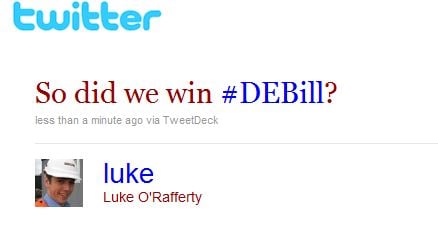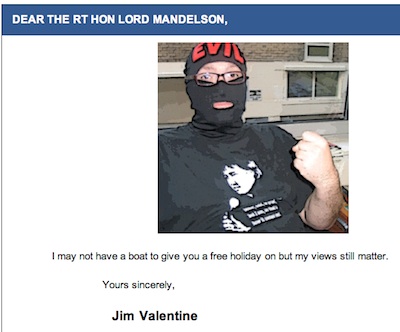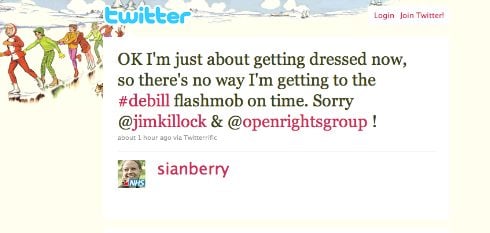Lib Dems are appealing to the vital online pirate vote at this year’s party conference, putting the membership on collision course with LibDem ministers in the coalition government. In a new IT policy paper called “Preparing The Ground”, a team of party activists led by Cambridge MP Julian Huppert calls for the Digital Economy Act to be gutted of its copyright measures. It also threatens new legislation to ensure all “traffic flows at the same speed”, and wants the IR35 contractor tax suspended.
Senior party figures speaking on condition of anonymity expressed dismay at the proposals. The LibDems are in government for the first time in 70 years, and have attempted to leave behind the Party’s old “sandal-wearing” image as a haven for single-issue-fanatics.






